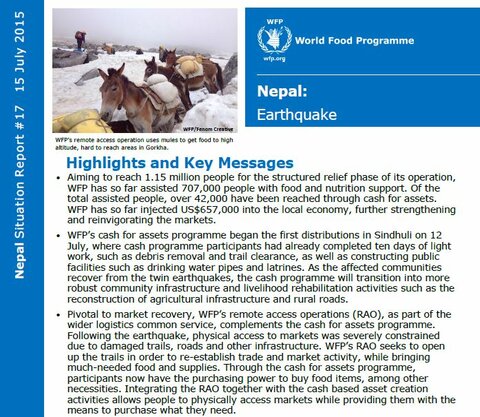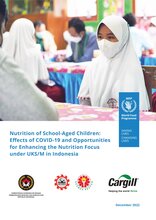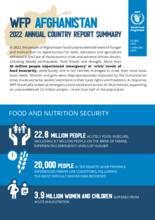
- UNHAS: Demand for UNHAS services remains high. There is an urgent need to move 800 mt of essential relief items to locations across the country on behalf of the humanitarian community and the Government of Nepal. Over 75 percent of this humanitarian cargo is to assist earthquake-affected people construct temporary shelter in time for winter. The effective continuation of the emergency response largely depends on UNHAS capacity to provide undisrupted access to isolated areas. To mitigate the impact of funding shortfalls, UNHAS is reviewing further options with humanitarian partners. Meanwhile, a fresh contribution from the European Union has ensured that UNHAS can operate for a further ten days.
- Focus on Early Recovery: WFP is ramping up its early recovery phase of the earthquake response, which will continue through December 2015. The emphasis will be on rehabilitation of critical assets, common facilities and community trails. Cash and food for assets activities will be complemented by nutritional interventions to treat malnutrition in children. WFP will ensure that affected households continue to receive vital assistance until the next harvest and are supported in the restoration of basic livelihoods.
- Access Infrastructure Working Group: Already damaged in the earthquake, Nepal’s road infrastructure is suffering further deterioration with the onset of the monsoon season. Massive landslides have left many areas with limited or no road access, and this is disrupting deliveries of food and other emergency supplies. To address these issues, WFP has establishment of an Access Infrastructure Working Group, chaired by the Government of Nepal Ministry of Federal Affairs and Local Development (MOFALD).
- Funding for WFP Earthquake Response: WFP has received contributions from its private sector donors, multilateral donors, Australia, Canada, Denmark, the European Union, Germany, Japan, Liechtenstein, the Netherlands, Norway, United Kingdom, United States, and UN CERF .
| Document | File |
|---|---|
| WFP Nepal Earthquake Situation Report #21, 14 August 2015 |
PDF | 822.8 KB
Download
|


